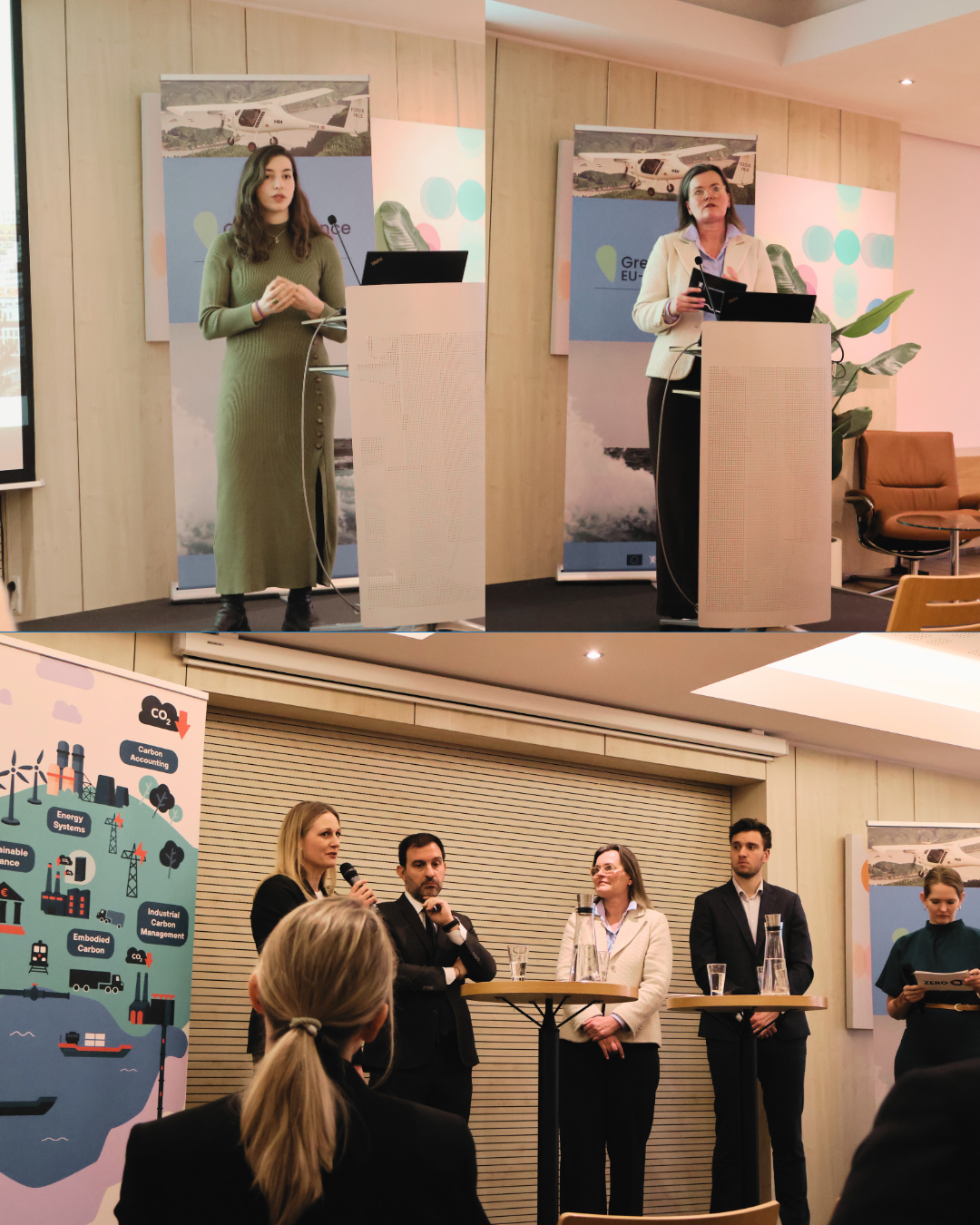
Joint letter – ICC reform and expansion risks diverting ETS Revenues from real climate action
In light of the European Commission’s ongoing considerations to amend the ETS State Aid Guidelines, revising the rules for Indirec...
News
Publish date: March 15, 2010
News
Greece, which averages around 2756 sunlight hours per year or 7.55 hours of sunlight per day, is a country that should strongly consider facilitating the direction of investments towards CSP projects. According to John Vougiouklakis, an expert from the Centre for Renewable Energy Sources (CRES), there is potential for large scale application of CSP systems on the islands of Crete and Rhodes. On both islands, a CSP project would not just serve as a demonstration of the technology but could also assume an important role in securing energy supply, especially during the summer due to significant cooling demands. CSP projects in mainland Greece have also been suggested.
What is more, such investments could set the basis towards turning Greece from a net importer (see PDF to right) to a net exporter of electrical energy in the future. In past years Greece has had to increasingly import of electrical energy from neighbouring countries, especially Bulgaria, to cover its energy needs particularly during the summer peak period. By deploying CSP projects, Greece could, as an international benefit, initiate a process of positioning itself to service the renewable energy needs of other EU member states.
To take advantage of these opportunities, Greece needs to take rapid action. The process of estimating the viability of the 12 CSP projects of over 20MW still waiting to receive permits from the Greek Regulatory Authority of Energy needs to be accelerated. Furthermore opportunities for the use of external funding for CSP projects need to be exploited. For instance the NER300 scheme provides funding for 5 different CSP project categories. Greece, especially during these crucial times, cannot afford to bypass such important opportunities to fund the transformation of its energy infrastructure.
Angel Gurria, Secretary-General, of the Organisation for Economic Cooperation and Development (OECD) in his speech in Athens on March 15th underlscored that despite its potential for green growth, Greece has been “slow in taking advantage of the potential of the knowledge and green economies, with innovation indicators consistently lagging those of other advanced economies.” Yet the potential for Greece is still there and the wide application of CSP could become an important first step for Greece’s green leap forward.
Ilias Vazaios represents the Bellona Foundation in Greece

In light of the European Commission’s ongoing considerations to amend the ETS State Aid Guidelines, revising the rules for Indirec...

On 24 February 2025, Bellona Europa co-hosted a breakfast seminar at Norway House in Brussels alongside ZERO and the Mission of Norway to the EU, bringing together policymakers, manufacturers, and procurement practitioners around a single conviction: European cities hold a decisive and largely untapped lever for decarbonising construction. With the revision of the EU Public Procurement Directives on the horizon, the moment to use it is now.

Opening remarks and future of EU CRCF Market Christian Holzleitner, Head of Unit for Land Economy and Carbon Removals&nb...

Together with six NGOs and five industry partners, Bellona Europa signed a joint letter on the RFNBO Delegated Act, reiterating that now is not the t...

“The Commission shall monitor the situation at Union level with a view to monitoring the impact of the CBAM on the Union i...
Get our latest news